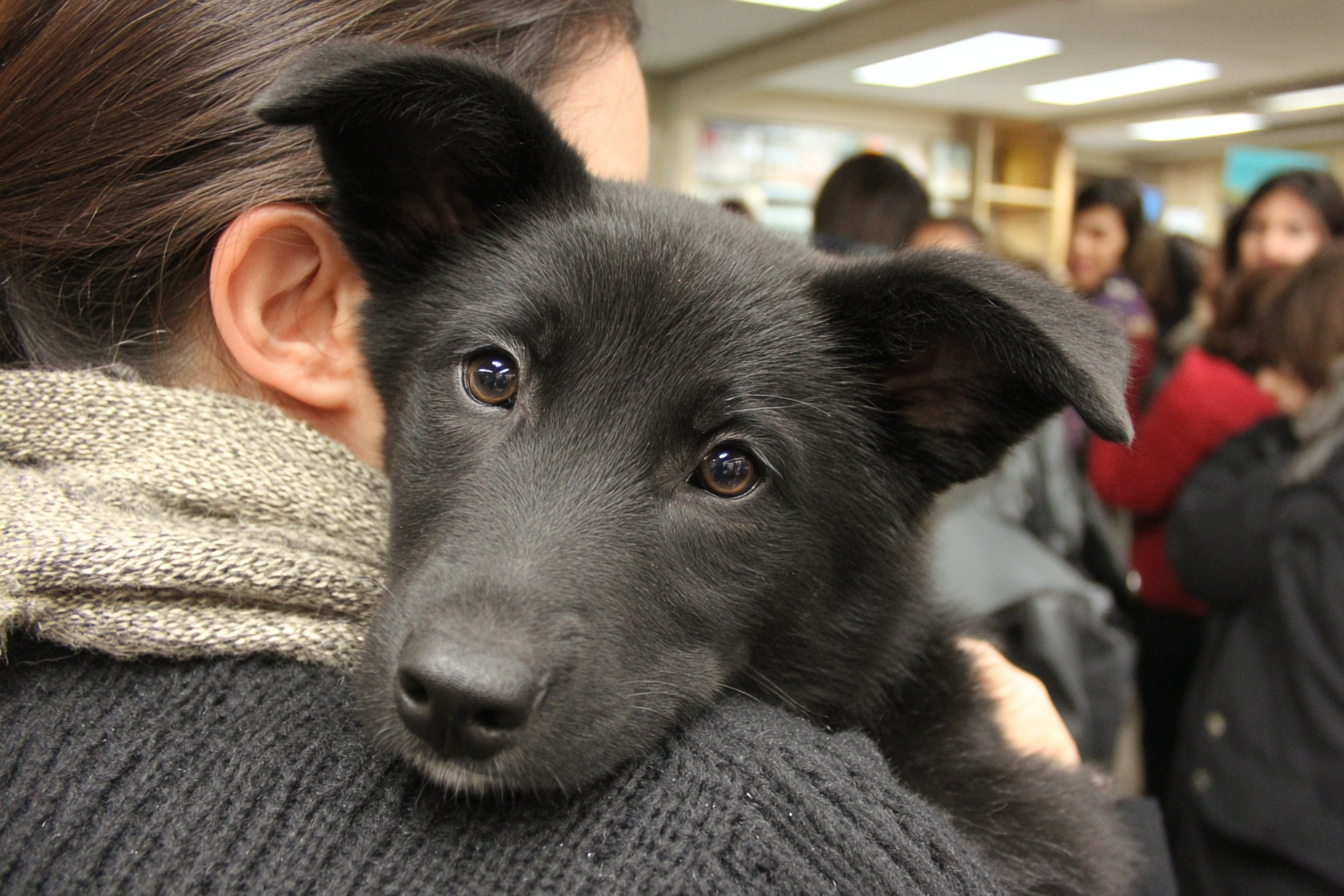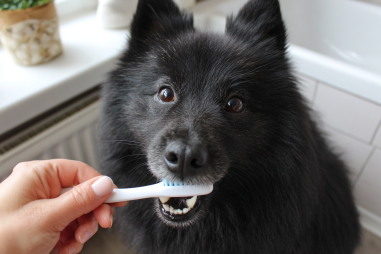If you’re thinking about welcoming a Schipperke into your home, adoption or rescue is a wonderful way to provide a loving dog with a second chance. These energetic, curious, and loyal dogs have a lot to offer, and through adoption, you can make a meaningful difference in their lives. This guide will walk you through the benefits of adopting a Schipperke, where to find reputable rescues, important questions to consider before adoption, how to prepare your space, tips for helping your new furry friend settle in, and ways to support rescue organizations long-term.
Benefits of Adoption
Choosing to adopt a Schipperke instead of purchasing from a breeder or pet store carries many advantages. First and foremost, adoption saves lives—giving a homeless dog a chance to thrive in a permanent family. Rescue Schipperkes often come vaccinated, spayed or neutered, and sometimes even house-trained, easing your adjustment period. Additionally, adopting rather than buying helps reduce the demand that fuels irresponsible breeding and puppy mills, which can compromise dog health and welfare.
From a personal perspective, many adopters find deep satisfaction in knowing they’ve saved a dog’s life. Adopted Schipperkes tend to be very grateful and loyal, thriving on the security and love their new families provide. Plus, adoption fees are often much lower than buying a puppy, covering medical care and helping support the rescue’s work. Overall, adoption can be a rewarding, compassionate, and responsible way to add a Schipperke companion to your family.
Where to Find Schipperke Rescues
Finding a reputable Schipperke rescue group or shelter is crucial to ensuring a positive adoption experience. Many breed-specific rescue organizations focus on Schipperkes and often have dogs of various ages and backgrounds looking for homes.
Here’s where to start your search:
- Breed-Specific Rescues: Numerous Schipperke rescue groups operate regionally or nationally. These organizations specialize in the breed, understand its unique traits, and usually provide thorough vetting to match dogs with suitable adopters. Examples include the National Schipperke Rescue or state-based Schipperke clubs with rescue arms.
- Animal Shelters and Humane Societies: Your local shelter may occasionally have Schipperkes or mixes available. Checking with larger humane societies can widen the pool of potential dogs.
- Online Adoption Platforms: Websites like Petfinder, Adopt-a-Pet, and Rescue Me aggregate listings from various rescues and shelters. You can filter by breed, location, and age to find Schipperkes near you.
- Networking and Community: Connecting with Schipperke breed clubs, dog trainers, or veterinarians can provide personal recommendations and leads on dogs in need of homes.
Once you’ve located a potential rescue or shelter, take time to learn about their adoption process and reputation, reading reviews and speaking with staff to ensure they prioritize animal welfare and responsible placements.
Questions to Ask Before Adoption
Bringing a Schipperke into your family is a big commitment, so asking the right questions beforehand can set both you and the dog up for success. Here are key questions to consider:
- What is the dog’s history? Understanding a dog’s background, including previous homes, health issues, behavior challenges, or trauma, helps you prepare.
- What is the dog’s temperament and energy level? Schipperkes can vary in activity and personality; knowing this helps you decide if the dog matches your lifestyle.
- Is the dog fully vetted? Confirm vaccinations, spay/neuter status, parasite treatments, and any medical concerns.
- How does the dog behave with children, other pets, or strangers? Compatibility with your household members is critical.
- What type of training or socialization has the dog received? This helps assess what kind of commitment will be needed for ongoing care.
- What is included in the adoption fee? Some rescues provide starter supplies, veterinary care, or post-adoption support.
- What kind of post-adoption support is available? Will the rescue help if issues arise or provide training resources?
Asking these questions and being honest about your own situation ensures that the adoption is mutually beneficial and sustainable.
Preparing Your Home
Before bringing your adopted Schipperke home, creating a welcoming, safe environment will help the transition go smoothly. Here are some steps to consider:
- Designate a Comfortable Space: Set up a cozy spot with a bed or crate where your dog can retreat and feel secure.
- Remove Hazards: Check your home for toxic plants, electrical cords, small objects, or chemicals that curious Schipperkes might get into.
- Stock Up on Supplies: Food and water bowls, appropriate quality dog food, toys, grooming tools, and a collar with an ID tag should be ready.
- Establish Boundaries: Decide which areas are off-limits and plan how you’ll introduce the dog to different parts of the house gradually.
- Family Preparation: Educate all family members on how to interact gently and respectfully to avoid overwhelming your new dog.
- Arrange a Scheduling Routine: Consistent feeding, walking, and playtimes provide structure and reduce anxiety.
Transition Tips for Adopted Dogs
Rescued Schipperkes may have experienced upheaval, so patience and sensitivity during their adjustment period are key. Here are some ways to make the transition smoother:
- Give Time to Adjust: Allow your dog several days or weeks to learn your home’s rhythms without expecting instant bonding or perfect behavior.
- Maintain Consistency: Stick to routines around feeding, walking, and sleeping times to help your dog feel secure.
- Minimize Stress: Avoid overwhelming your dog with too many visitors, loud noises, or sudden changes initially.
- Positive Reinforcement Training: Use treats and praise to encourage desired behaviors and build trust.
- Slow Introductions: Introduce family members, other pets, and new environments gradually, always supervised to prevent negative experiences.
- Health and Veterinary Checks: Schedule a wellness exam shortly after adoption to address any medical issues early.
- Seek Support: Don’t hesitate to reach out to the rescue or professional trainers if you encounter challenges.
Supporting Rescue Organizations
Even after you’ve adopted, there are many ways to continue supporting Schipperke rescues and advocates:
- Volunteer: Many rescues welcome help with foster care, transport, events, or administrative assistance.
- Donate: Financial contributions, supplies, or equipment can directly impact dogs in need.
- Spread Awareness: Share rescue stories and adoption information on social media to increase visibility.
- Participate in Events: Attend or help organize fundraisers, adoption fairs, or community education activities.
- Foster: If you’re not ready for permanent adoption, fostering helps provide temporary homes for dogs in transition.
Engaging with rescue groups builds a stronger community where Schipperkes and other dogs can find safe, loving homes.
Creating a Loving Home with Your Adopted Schipperke
Adopting a Schipperke is a rewarding journey full of love, companionship, and mutual growth. By choosing adoption, you’ve taken a compassionate step that changes a dog’s life forever. With preparation, patience, and ongoing support, your new furry friend will flourish in your care, becoming a cherished member of your family. Whether it’s their lively antics, watchful nature, or unwavering loyalty, a Schipperke rescued and adopted into a caring home brings joy and fulfillment like no other. Embrace this adventure with an open heart and enjoy the unique bond that comes from giving a dog a second chance.







